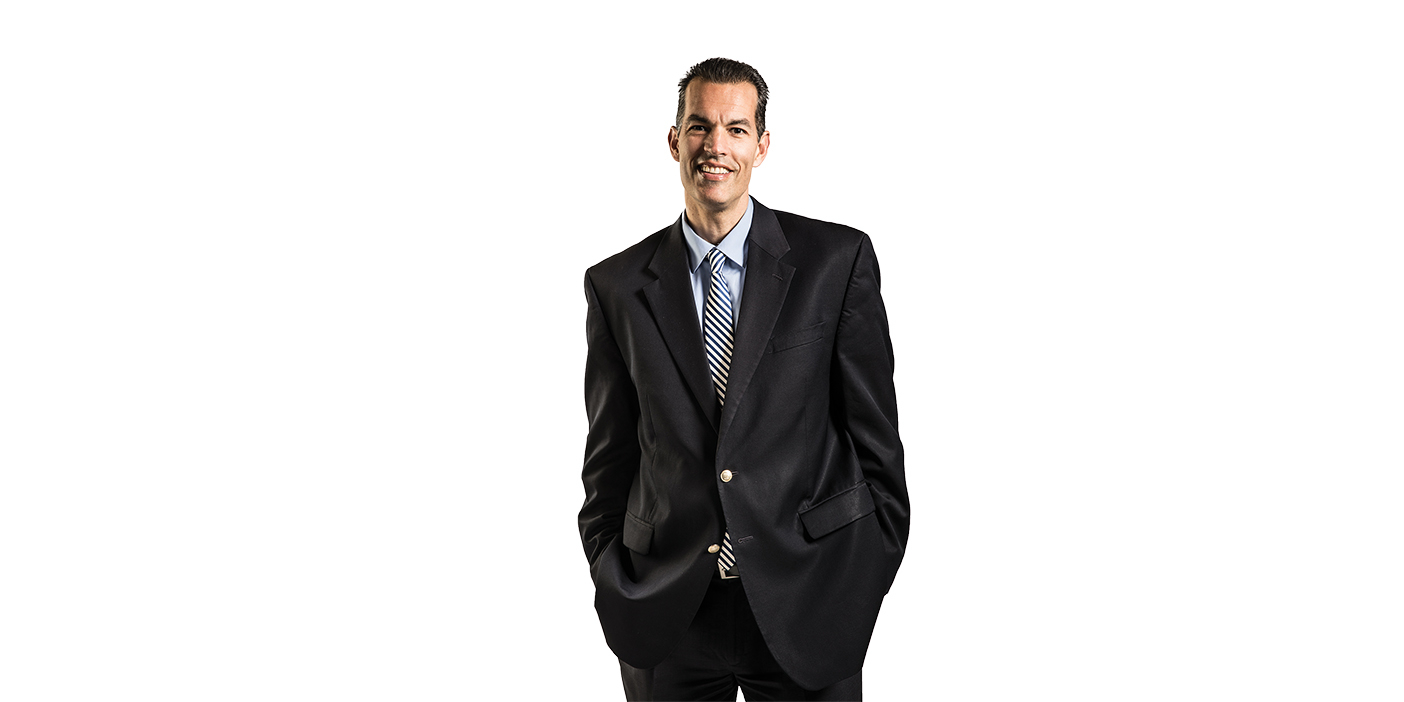You might think that being grown up means you’re done with needles and animated-character Band-Aids. But adults need vaccines just like kids do, says nursing professor Lacey Miller Eden (BSN ’02, MSN ’09).

Why should adults make vaccination a priority?
Vaccines are the single most amazing medical miracle that has ever been created. Better sanitation and living conditions help to decrease disease, but vaccines are the most effective response and have prevented the most deaths in the entire world. Globally, there are some people who put on their Sunday best and walk miles and miles to get their vaccines. It’s a representation of the value of vaccines. They are life saving.
What vaccines should adults get?
Get the meningitis vaccine when you’re 16 or in your early 20s, the herpes zoster vaccine for shingles at age 50 or older, and the pneumococcal vaccine for pneumonia around 65. If you’re around children or are pregnant, you should get tetanus, diphtheria, and pertussis boosters every 10 years. You should also get annual flu shots.
Are flu shots really effective?
The flu vaccine is a little tricky because you never know how effective it’s going to be. But if you look at the statistics, most who were hospitalized from flu this year were not vaccinated, while those who got a flu and were vaccinated had symptoms that were less severe. And the more people who get the flu shot, the less it will spread; the shot provides community immunity.
What is community immunity?
Some vaccines aren’t about protecting you as much as they are about protecting the most vulnerable, like a brand-new baby who is not immune or individuals who are allergic to the ingredients in vaccines or immunocompromised and unable to be vaccinated. If someone is immunocompromised and then gets one of these vaccinated diseases, many times the person ends up severely ill or even dies. I believe it’s our ethical responsibility to be immunized if we can. There are vulnerable people among us who can’t, and they depend on us to protect them.












